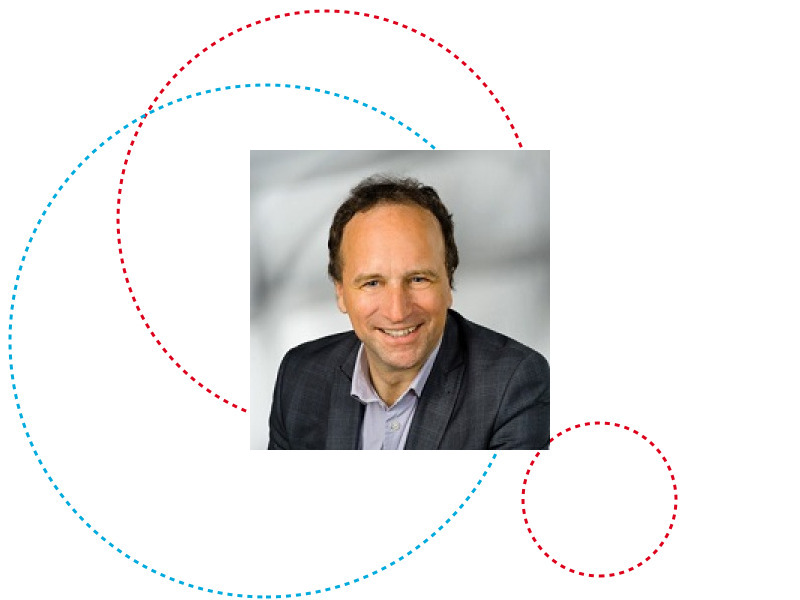This conference is part of the AI4Health Lecture Series organised by the Department of Computer Science and the Department of Life Sciences and Medicine of the University of Luxembourg.
Abstract
Recent successful applications of AI – in particular of deep learning in imaging, signal processing and related fields – have demonstrated that machines are often able to achieve human-level performance or even outperform human experts in classification tasks for diagnostic support. Such proofs are also at the heart of regulatory decisions of whether AI systems are fit for clinical use as a medical device. In this talk I will present several applications from our own work, as well as comparable approaches from literature, highlighting the different ways of how expert performance can be measured as the benchmark for AI validation. The central question in each application is whether a “ground truth” exists and in what form, e.g. through a gold standard comparative method or through expert opinion itself. This poses different challenges on validation that are often isufficiently addressed in literature. The talk will conclude with a more general discussion on whether and how AI sytsems can replace or, as it is often feared, replace medical personnel based on their proven performance level.
Speaker
Georg Dorffner is associated professor at the Section for Artificial Intelligence & Decision Support at the Medical University of Vienna, of which he is currently also the head. At the same university he also holds the position of the curriculum director of the university’s master’s programme in Medical Informatics. He received Master’s degrees in Computer Science and Communication Engineering from the Vienna University of Technology in 1985 and a PhD in Computer Science from Indiana University in 1989. In 1994 he received tenure (“Habilitation”) in Artificial Intelligence in Medicine for his work in novel tyspes of neural networks in clinical applications. His research has included machine learning, in particular neural networks, since the beginning of his career in the 1980s with a particular focus on time series and signal processing. From 2002 to 2014 he was the founding managing director of the company The Siesta Group, which – as a spin-off from an EU-funded project – among others successfully developed algorithms for the automated analysis of sleep signals (polysomnogrpahy) with human-level performance, which eventually was taken over by Philips for clinical commercialisation. From 2010 to 2014, Georg Dorffner was also a part-time senior managament at Philips Home Helathcare Solutions. Since the late 1990s he has frequently been advisor and/or evaluator for various EU funding programmes, in particular in FET (Future Emerging Technologies).
